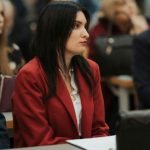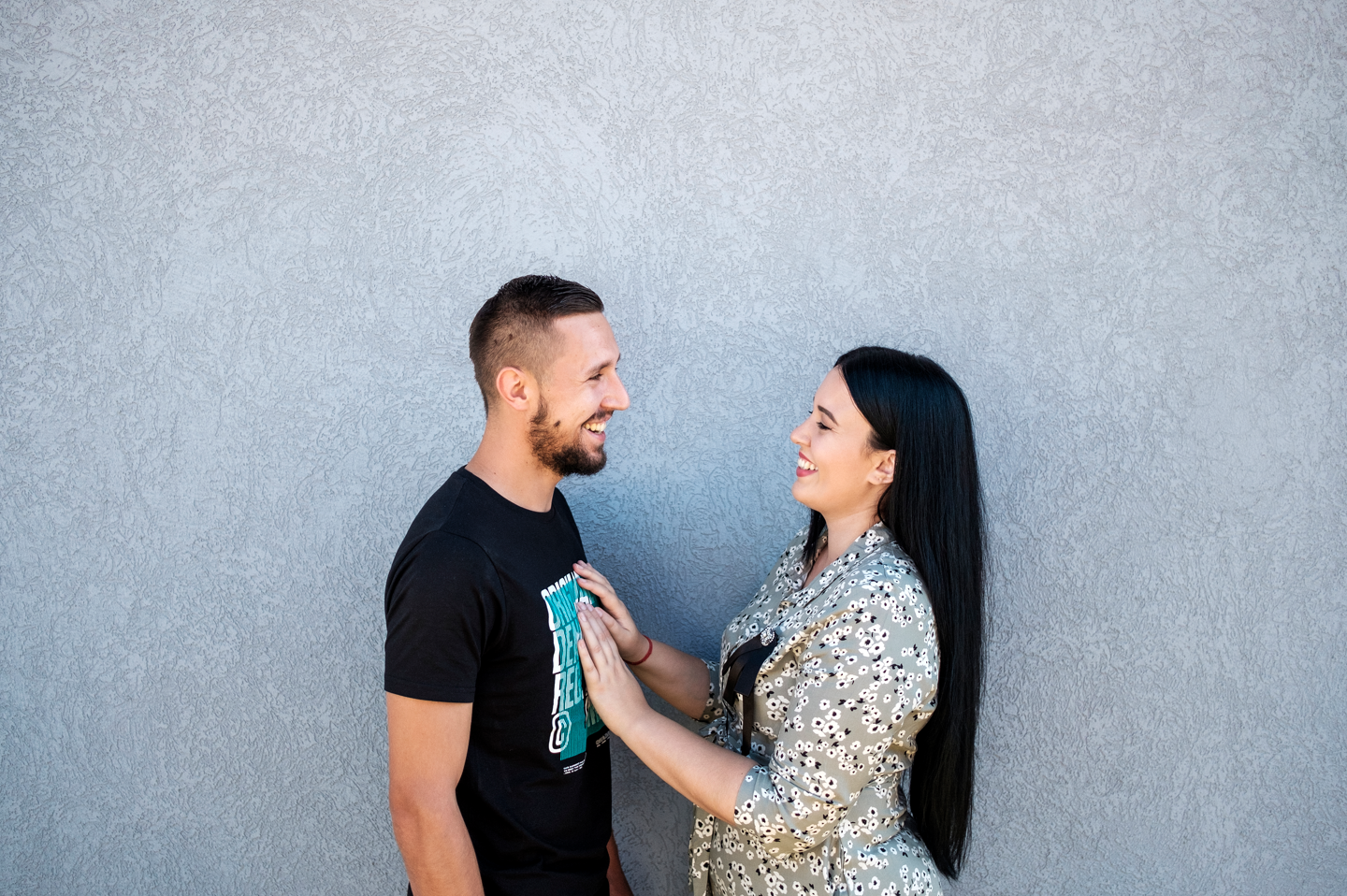
Their relationship started when Samra asked Dražen to be her boyfriend at a graduation party, and has persisted despite various challenges, including social pressure because of their religious difference, fears of not being accepted by family, and physical distance. None of this could destroy the enduring love, and eventually marriage, of Samra and Dražen Prgić. Today, the two thirty-year-olds live in Orašje and are the parents of a little girl. They maintain that the secret to love is understanding and compromise.
Dražen and Samra work with volunteers at Nela Orašje, a citizens’ association co-founded by Samra, which deals with interreligious cooperation and dialogue, with a special focus on children.
Dražen explains that he first saw Samra in their high school and he “liked her immediately,” but their first official meeting was in a cafe where they went out together with their classmates. Samra recalls that she went to Dražen’s classroom to ask him to be her prom date, but his friends said that he had moved to Austria. However, the information that a girl had been looking for him was passed on to Dražen.
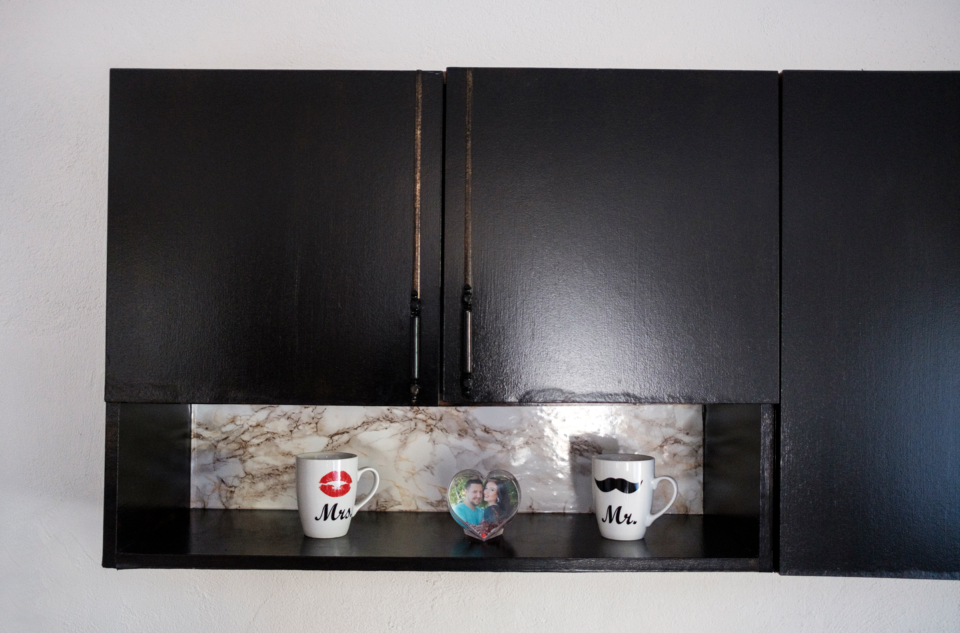
Samra and Dražen started talking on social media and saw each other when he would visit Bosnia and Herzegovina, that is, Orašje. Dražen remarks that it was love that brought him back to Bosnia.
Describing what she likes most about Dražen, Samra says “He’s a good soul, an honest man, and a friend who always helps everyone. He’s cheerful, funny, and can always make me laugh at any moment, even at my saddest and angriest.” Dražen, describing Samra, says that she is kind, funny, and he can talk to her about everything because she understands him – simply put, “She’s the best.”
Although they have different personalities, Samra believes that this was an advantage for them. “Maybe it brought us together. Opposites attract, as they say. It was like that with us.”
A Multi-Ethnic or “Mixed” Couple
Samra and her family come from Velika Kladuša, where Bosnian Muslims are the majority. Therefore, it was difficult for her to explain to her family that she loved someone who was Catholic.
“People judged us, but we didn’t pay attention to it. I didn’t see him in terms of his religion. That didn’t matter to me, but it did to those around us,” notes Samra. Dražen wasn’t interested in anyone else’s opinion. As he says, “I did my own thing.”
“I think that at the very beginning, our parents may have thought that we would grow out of our love – like, that it would be temporary. But we were in a relationship for ten years, and then we got married. So, it never passed,” Samra points out.
Samra and Dražen felt a kind of fear throughout their relationship, especially when they were supposed to have their wedding. Samra explains that they did not have a single religious ceremony performed at their wedding. They agreed that “we would either have everything or we would have nothing,” and ultimately decided not to have anything related to religion. They had two flag bearers at the wedding, one carrying the Croatian flag and the other, the Bosnian flag.
Samra believes that wedding parties are not about customs, but rather, “the people who love each other and the people who come to support them.”
According to Samra, people made a lot of comments, and many asked Dražen why he wasn’t getting married in the church, saying that this would be condemned by God. They also made comments about the children they would have, their baptism, names, and so on.
The community also had comments on the relationship between Samra and Dražen, that is, they were not happy that Samra was moving from her religious community to another. “But they didn’t understand that I didn’t actually convert to another religion, and that is very difficult to prove, because people are full of prejudices and just have these stereotypes that something must be as they say,” added Samra.
They are often called a “mixed couple,” but Samra believes that better words can be found to describe their relationship, such as “multi-ethnic.” Dražen, on the other hand, doesn’t see the term as negative, noting “there are a lot of people who call it by worse and more derogatory names”.
Celebrating Religious Holidays
They celebrate all holidays with their families. As Samra explains, “We celebrate Eid just like it would be celebrated in a relationship where the two people were of the Islamic faith. That’s also how we celebrate Christmas, like a married Catholic couple. So, we don’t make any distinctions. We celebrate all holidays. Since I was a child, even before I met him, I actually loved and looked forward to Easter and painting eggs, and Christmas presents, decorating Christmas trees…My family never kept me from doing that.”
They have both holy books in their home, the Bible and the Koran. “I’m also interested in customs during Eid. When the time of All Saints comes, we visit our cemetery, my deceased relatives, and so on. We practice everything,” Dražen says, describing their religious practices.
They agree that they see God as love, not as religion. “We are really devoted to our faith, but through that kind of love, through helping others, through our personal development. So, we don’t need to go to churches and mosques to show that we are believers and to create that kind of relationship with God. We certainly do it within our four walls, privately, without having to prove ourselves to anyone,” says Samra.
The secret their relationship’s success, they believe, lies in understanding and compromise. “From the beginning, we had some different views on life, so we had to make a lot of compromises in order to get to where we are today. Today, we run the Association together and have the same goals, views on life, and dreams that we will achieve together. We grew up together, side by side. I know him like the back of my hand,” Samra continues.
“Nobody Wants to be Rejected and Condemned”
Dražen believes that a big problem for young multiethnic couples today is the older generation that experienced the war. At the Association, he says, “We work to ensure that children at least respect each other, to expand their knowledge of other religions, not only Islam and Catholicism, but also Orthodoxy and Judaism, so that national minorities and absolutely everyone is included. We are working to open people’s eyes, so that they are more relaxed about these things and meet new people, in every way possible – through sports, cultural events, and so on,” explains Dražen.
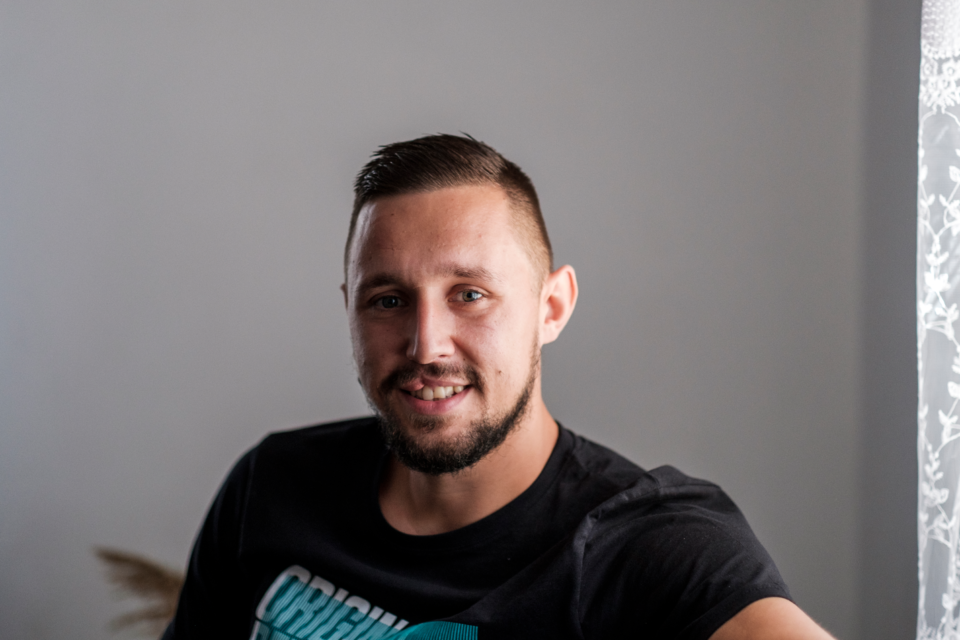
Samra points out that in most multi-ethnic marriages, someone ‘converts’ to the other’s religion, and she knows a lot of young couples who hide their multi-ethnic relationships.
“Whatever we think, none of us want to feel judged and rejected by our family, so that’s unfortunate. The problem is with the parents, they need to understand that they can forbid this to their children, but later, their children will be unhappy with someone of their own faith. It has nothing to do with love,” says Samra.
According to her, the societal view of multiethnic couples is a result of the patriarchal environment, as well as the state of the country. “As a feminist and a person who believes in feminist movements and ideologies, I see how dull our society is, and how much they only look in one direction and don’t want to change. As [Dražen] said, it’s much better now that it was eleven years ago.”
When asked what love means to her, Samra replies that it’s the whole world and part of every relationship “with a partner, with family, with other people, with animals, with nature.” She continues, “I believe that no one can live without love, regardless of whether they have different inclinations, whether they live for their career or to achieve something else in life. If there’s no love, I’m sure that person will be an unhappy person. It doesn’t matter what kind of love it is. It doesn’t have to be a romantic partnership – we don’t all have to get married or have romantic partners of any kind. All that matters is that we have love inside of us, no matter what. As long as love grows and lives.”
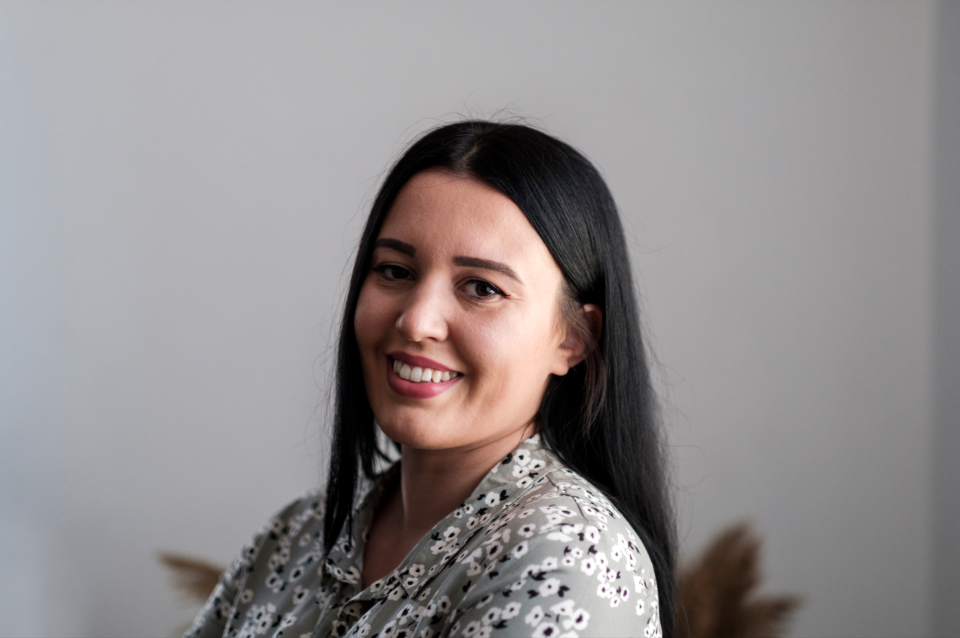
Dražen describes love as the engine of everything, as fuel for people, without which nothing can function. “If I had to describe love in two or three words,” he says, “I think they would be: understanding, compromise, patience, and of course, respect.”
He tells young people not to be afraid and to accept the diversity of religions and customs. “Customs, as such, are a very beautiful thing, both national and ethnic. But we need to find some sort of compromise for everyone, and we just need not to be afraid. If you love someone, if you appreciate and respect someone and want something more with them, then you just shouldn’t be afraid of anything,” Dražen advises.
Samra tells young people to read a lot and travel because “if they don’t move out of their environment, their place, they will never learn anything new, encounter new people or new customs.”
“I would recommend that they talk a lot with their parents if they find themselves in this situation, not to fight, not to run away, not to make any drama. Every parent will understand it. A parent who loves their child will see that the child is in love and will support that child no matter what. So I advise young people to talk to their parents and to continue to love those they love and not to run away from it, because without love, there’s really nothing,” Samra concludes.



